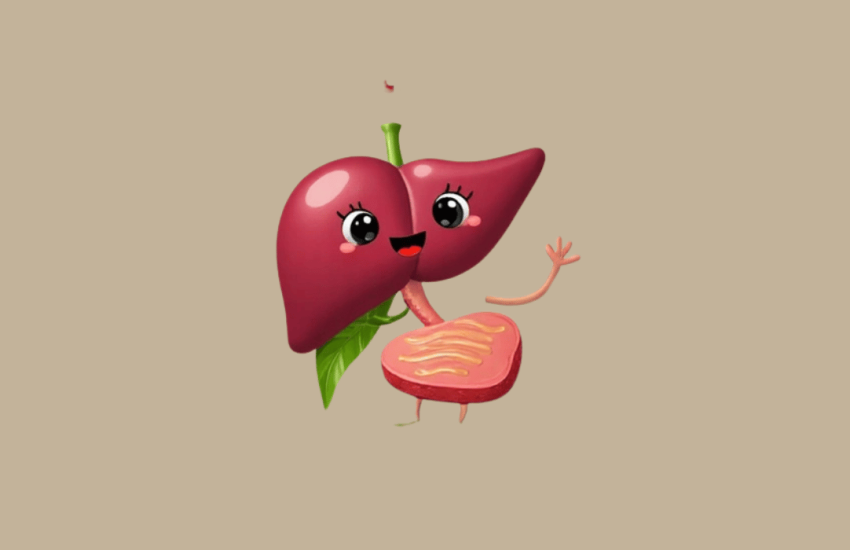The Importance of Vitamin B12: Symptoms, Causes, and How to Address Deficiency.
Did you know that 25% of adults in the United States are deficient in vitamin B12? This surprising fact highlights a widespread issue often overlooked. Many individuals mistakenly believe their intake of meat and dairy products is enough to meet their body’s needs for this crucial nutrient. However, the reality tells a different story.
What Is Vitamin B12?
Vitamin B12 is unique as the only water-soluble vitamin that can be stored in the liver for years (1). It is released when the body’s B12 levels drop, highlighting its crucial role in maintaining overall health.
The Role of Vitamin B12
Vitamin B12 supports various bodily functions, including:
- Boosting mood and energy
- Supporting memory and heart health
- Improving skin, hair, and digestion
- Addressing adrenal fatigue
- Maintaining a healthy nervous system and cardiovascular system (2)
A key function of vitamin B12 is its role in maintaining the nervous system. Without sufficient B12, the health of nerve cells and neurotransmitter signaling deteriorates. It also aids in the synthesis of myelin, the protective layer of our nerves, which explains the cognitive decline often associated with B12 deficiency.
Vitamin B12 also partners with vitamin B9 (folate) to create red blood cells and regulate hormones and immune function (3).
Causes of Vitamin B12 Deficiency
Research suggests that up to 39% of Americans may be B12 deficient, according to a study by Tufts University in 2000. B12 is not produced by the body—it must be consumed through food or supplements.
Microorganisms like bacteria produce vitamin B12 (4), which is found in meat, dairy, and plant-based sources like nutritional yeast and seaweed. However, vegans and vegetarians often require B12 supplements since plant sources alone may not suffice.
Other factors contributing to deficiency include:
- Over-washing produce and consuming processed foods
- Alcohol consumption
- Rounds of antibiotics
- Poor digestion or conditions like Crohn’s and Celiac disease
- Autoimmune disorders, such as pernicious anemia (5)
Age is another factor, as the body produces less stomach acid over time, reducing B12 absorption (6).
Symptoms of Vitamin B12 Deficiency
Symptoms are often nonspecific, making B12 deficiency difficult to diagnose. Common signs include:
- Loss of balance and confusion
- Anemia (megaloblastic or pernicious anemia)
- Nerve issues like tingling or muscle weakness
- Digestive issues (constipation, diarrhea)
- Vision problems
- Mental health challenges, including depression and anxiety (7, 8)
More severe deficiencies may lead to conditions like dementia, Alzheimer’s disease, or even heart disease.
Recovery From a Vitamin B12 Deficiency
Recovery depends on the severity of the deficiency:
- Minor deficiencies: 3 months
- Severe deficiencies: 6-12 months
A normal B12 level ranges from 190 to 950 pg/mL (9). Levels below 300 pg/mL are borderline, and supplementation is recommended.
The Best Vitamin B12 Supplements
When supplementing, look for products containing methylcobalamin and adenosylcobalamin, the two most bioactive forms of vitamin B12.
One excellent option is Cymbiotika Vitamin B12, which uses Micelle technology for optimal absorption. This product also includes fulvic minerals and L-methylfolate, enhancing detoxification and cellular health.
If you experience any symptoms of vitamin B12 deficiency, consult a healthcare provider and consider testing for methylmalonic acid (MMA) and holotranscobalamin (holoTC) for a more accurate diagnosis.


